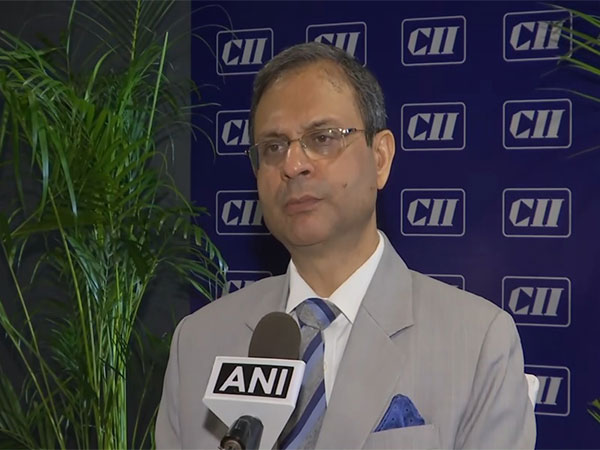Simplified Capital Gains Tax Rates Announced in Union Budget
The Indian government has simplified capital gains tax rates, aiming to make them easier to understand. Finance Minister proposed a 12.5% tax on long-term gains for financial and non-financial assets, and increased exemption limits for lower and middle-income classes. Various measures are also introduced for MSME sector and employment growth.

- Country:
- India
The Indian government has unveiled simplified capital gains tax rates as part of the Union Budget. Revenue Secretary Sanjay Malhotra stated that the goal is to make tax rates comprehensible and reasonable for taxpayers. 'Our intention is to make it simple, and reasonable,' Malhotra told ANI, responding to the announcements.
Finance Minister Nirmala Sitharaman announced that short-term gains on certain financial assets will attract a tax rate of 20%, while other financial and non-financial assets will continue with applicable rates. She proposed a 12.5% tax rate on long-term gains for both financial and non-financial assets. The exemption limit for capital gains on certain financial assets for lower and middle-income classes is raised from Rs 1 lakh to Rs 1.25 lakh per year.
As per the new regulations, listed financial assets held for over a year will be classified as long-term. Unlisted financial assets and all non-financial assets must be held for at least two years to qualify as long-term. Revenue Secretary highlighted that previous rates were convoluted, with varying percentages and holding periods. The new system aims for simplicity with a unified long-term gain rate. 'If the return is around 10%, the tax rate will be the same,' Malhotra added.
The announcements also bring a significant boost to the Micro, Small, and Medium Enterprises (MSMEs) sector. 'Through the boost given to employment, I think this is the cornerstone of the budget along with micro small medium enterprises, energy security, skilling, and employment,' Malhotra remarked.
The government is committed to leveraging the demographic dividend through job creation and employment growth. Budget provisions include Rs 1.48 lakh crore for education, employment, and skill development. Additionally, three 'Employment Linked Incentive' schemes will be introduced under the Prime Minister's package, targeting EPFO enrolment, first-time employee recognition, and support for both employees and employers.
(With inputs from agencies.)
ALSO READ
Quality control orders will help MSMEs by protecting them from substandard imports: Piyush Goyal
Government's Quality Control Orders to Shield MSMEs from Unfair Competition
Union Cabinet Greenlights 'BioE3 Policy' to Boost Biomanufacturing and Job Creation
Navadhan: Revolutionizing Rural Fintech for MSMEs Across India
MSMEPCI's Initiatives to Boost Nagaland's Economy with Job Creation and Financial Schemes










